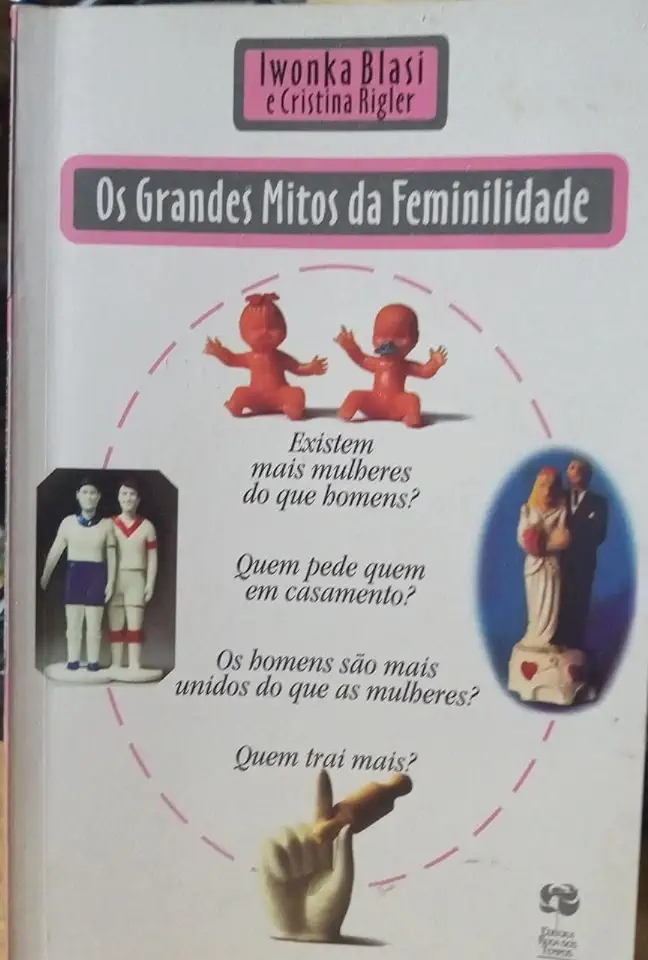
The Great Myths of Femininity - Iwonka Blasi and Cristina Rigler
The Great Myths of Femininity: Unveiling the Truths Behind Societal Expectations
In their groundbreaking book, "The Great Myths of Femininity," Iwonka Blasi and Cristina Rigler challenge the deeply ingrained myths and stereotypes that have shaped societal expectations of women. With meticulous research and compelling arguments, the authors expose the harmful narratives that have limited women's potential and perpetuated gender inequality. This book is a must-read for anyone seeking to understand and dismantle the myths that have defined femininity for far too long.
Unveiling the Myths
Blasi and Rigler identify and dissect seven pervasive myths that have shaped societal perceptions of women:
The Myth of the Natural Caregiver: This myth portrays women as inherently nurturing and responsible for the well-being of others, often at the expense of their own needs and aspirations.
The Myth of the Seductive Siren: This myth objectifies women, reducing them to their physical appearance and sexual allure, while disregarding their intellectual and emotional depth.
The Myth of the Perfect Mother: This myth places an unrealistic burden on women to be flawless mothers, creating guilt and self-doubt even in the face of their best efforts.
The Myth of the Weak Woman: This myth perpetuates the idea that women are physically and emotionally weaker than men, reinforcing gender-based power imbalances.
The Myth of the Hysterical Woman: This myth dismisses women's emotions as irrational and overblown, undermining their credibility and experiences.
The Myth of the Gold Digger: This myth portrays women as materialistic and interested in men solely for their wealth, perpetuating harmful stereotypes about female agency and desire.
The Myth of the Man-Hater: This myth labels women who assert their independence and challenge traditional gender roles as misandrists, silencing their voices and undermining their legitimate grievances.
Challenging the Status Quo
Blasi and Rigler meticulously deconstruct each myth, drawing on historical, sociological, and psychological research to reveal their origins, consequences, and the ways in which they have been perpetuated by society. They argue that these myths are not inherent truths but rather socially constructed narratives that have served to maintain the status quo and limit women's opportunities.
Empowering Women to Rewrite Their Narratives
"The Great Myths of Femininity" is not merely a critique of societal expectations; it is a call to action. Blasi and Rigler empower women to challenge these myths, embrace their authentic selves, and redefine what it means to be feminine. They offer practical strategies for resisting harmful stereotypes, fostering self-awareness, and building a more equitable society where women are free to pursue their full potential without the constraints of societal expectations.
A Must-Read for Personal and Societal Transformation
"The Great Myths of Femininity" is a powerful and thought-provoking book that has the potential to transform individual lives and contribute to broader societal change. It is a must-read for women, men, and anyone interested in dismantling gender inequality and creating a more inclusive and just world. By challenging the myths that have defined femininity for too long, we can pave the way for a future where women are free to be whoever they want to be, without the constraints of societal expectations.
Enjoyed the summary? Discover all the details and take your reading to the next level — [click here to view the book on Amazon!]